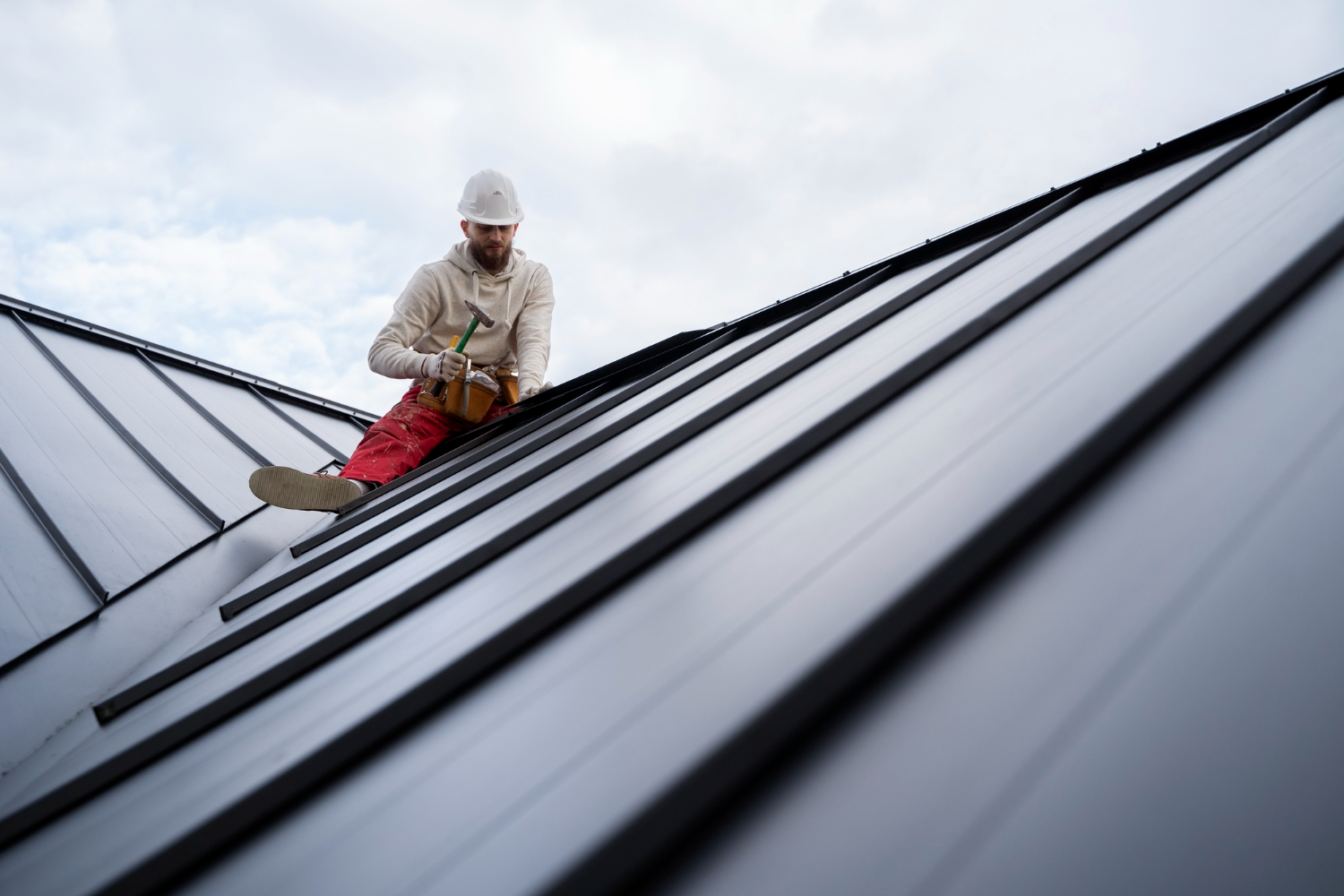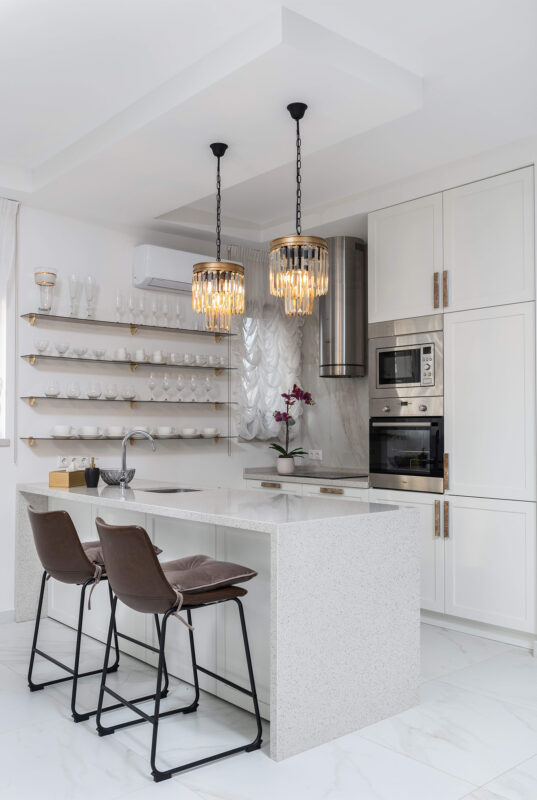Why Solar Modular Homes Are The Future Of Sustainable Living?

As the world increasingly seeks solutions to environmental challenges, solar modular homes emerge as a compelling option for sustainable living. These innovative dwellings combine energy efficiency with the flexibility of modular design, making them an attractive choice for eco-conscious individuals and families. Solar modular homes not only reduce carbon footprints but also promise significant cost savings through decreased energy bills.
The integration of solar technology into modular homes allows for efficient energy generation right from the outset. By harnessing the sun’s energy, these homes can operate off-grid or significantly reduce reliance on traditional power sources. The growing interest in sustainable architecture reflects a wider awareness of practices like how to stop climate change at home, signaling a shift in how society approaches housing.
Advantages of Solar Modular Homes
Solar modular homes offer a range of benefits that contribute to sustainable living. These homes are designed to enhance energy efficiency, reduce long-term costs, and improve resilience against climate-related challenges.
Energy Efficiency and Reduced Carbon Footprint
Solar modular homes utilize solar panels, which harness sunlight to produce energy. This approach significantly lowers the dependence on traditional energy sources, minimizing greenhouse gas emissions.
Incorporating smart home technology can further optimize energy usage. For example, smart thermostats and energy-efficient appliances help manage power consumption, ensuring that energy is used wisely.
These homes often maintain superior insulation and ventilation, reducing heating and cooling needs. By drastically cutting energy demands, they help create a smaller carbon footprint, aligning with global sustainability goals.
Cost-Effectiveness over Time
Investing in solar modular homes can lead to substantial savings. Initial installation costs may be higher, but the longevity and efficiency of solar panels often result in lower utility bills.
Homeowners benefit from various incentives, such as tax credits and rebates for solar energy systems. These financial advantages can offset initial expenses and encourage widespread adoption.
Moreover, integrating energy-efficient systems can lead to maintenance cost reductions. Over time, these financial advantages contribute to a solid return on investment, making solar modular homes an attractive option for budget-conscious buyers.
Resilience to Climate Change and Disasters
Solar modular homes are designed for durability, increasing their resilience to extreme weather and natural disasters. Their modular construction allows for flexible designs that can withstand harsh conditions.
Features like raised foundations can prevent flooding, while reinforced structures can endure strong winds. These homes often incorporate renewable energy sources, providing reliable power during outages.
In areas prone to climate-related challenges, solar modular homes not only offer sustainability but also peace of mind. The ability to generate one’s own energy means reduced vulnerability in emergencies, making these homes a smart choice for future living.
Key Components of Solar Modular Homes
Solar modular homes integrate essential components designed for energy efficiency and sustainability. These elements work together to create a living environment that minimizes reliance on traditional energy sources while maximizing comfort and convenience.
Solar Panels and Renewable Energy Integration
Solar panels are critical for harnessing sunlight and converting it into electricity. Typically mounted on the roof, these panels absorb solar energy and can generate sufficient power for household needs.
Homeowners can optimize energy use through solar battery systems that store excess electricity. This stored energy can be utilized during non-sunny periods, ensuring consistent power availability. Additionally, net metering programs allow homeowners to sell surplus energy back to the grid, contributing to local energy conservation efforts. Many solar modular homes incorporate geothermal heating and cooling systems, further reducing the energy footprint. To make the most of these benefits, investing in professional solar battery installation ensures the system is set up efficiently and safely.
Smart Home Technology
Smart home technology plays a crucial role in optimizing energy efficiency. These homes often feature smart thermostats, which adjust temperatures based on usage patterns, ensuring minimal wastage.
Homeowners can control lighting, heating, and appliances through mobile devices, allowing for remote management and real-time energy monitoring. Smart meters provide insights into energy consumption, helping residents identify trends and opportunities for savings.
Many solar-powered smart homes also utilize automated window shades and energy-efficient lighting systems. These innovations contribute to maintaining comfortable living environments while reducing overall energy demands.
Design and Construction of Modular Homes
Modular homes are prefabricated in sections, which maximizes efficiency and quality control in construction. This method reduces material waste and construction time, significantly lowering the ecological footprint.
The design of solar modular homes typically emphasizes passive solar principles. Features such as large windows and strategic orientation allow for natural light and heat to optimize energy use throughout the year.
High-quality insulation and energy-efficient materials are essential elements. These components help regulate indoor temperatures, making the home more comfortable while minimizing heating and cooling costs.
Challenges and Considerations
Embracing solar modular homes presents several challenges that stakeholders must navigate. These include financial implications, regulatory frameworks, and consumer readiness.
Affordability and Financing Options
Affordability remains a key barrier for many prospective homeowners interested in solar modular homes. The initial investment can be substantial, even with long-term savings on energy costs. It is crucial to explore financing options like government incentives, grants, and low-interest loans.
Many financial institutions offer specialized loans for energy-efficient homes. Buyers should also investigate local programs that provide additional financial assistance. A thorough cost-benefit analysis can reveal potential savings, making solar modular homes a more attractive option.
Regulatory Hurdles and Zoning Laws
Regulatory challenges often impede the development of solar modular homes. Local zoning laws can restrict where these homes can be built, impacting accessibility. It is vital for builders and buyers to familiarize themselves with local regulations.
Permitting processes can also be lengthy and complex. Each area may have different requirements that could delay construction. Engaging with local authorities early in the planning phase can help mitigate these issues and pave the way for smoother project approval.
Consumer Awareness and Adoption
Consumer awareness plays a significant role in the adoption of solar modular homes. Many potential buyers lack knowledge about the benefits and functionalities of these living spaces. Educational initiatives are essential to inform the public about the energy savings and environmental advantages.
Demonstrating successful installations and showcasing testimonials can help bridge the knowledge gap. Marketing strategies should emphasize the long-term savings and sustainability aspects to appeal to environmentally conscious consumers. Increasing visibility can drive demand and promote widespread acceptance.

















